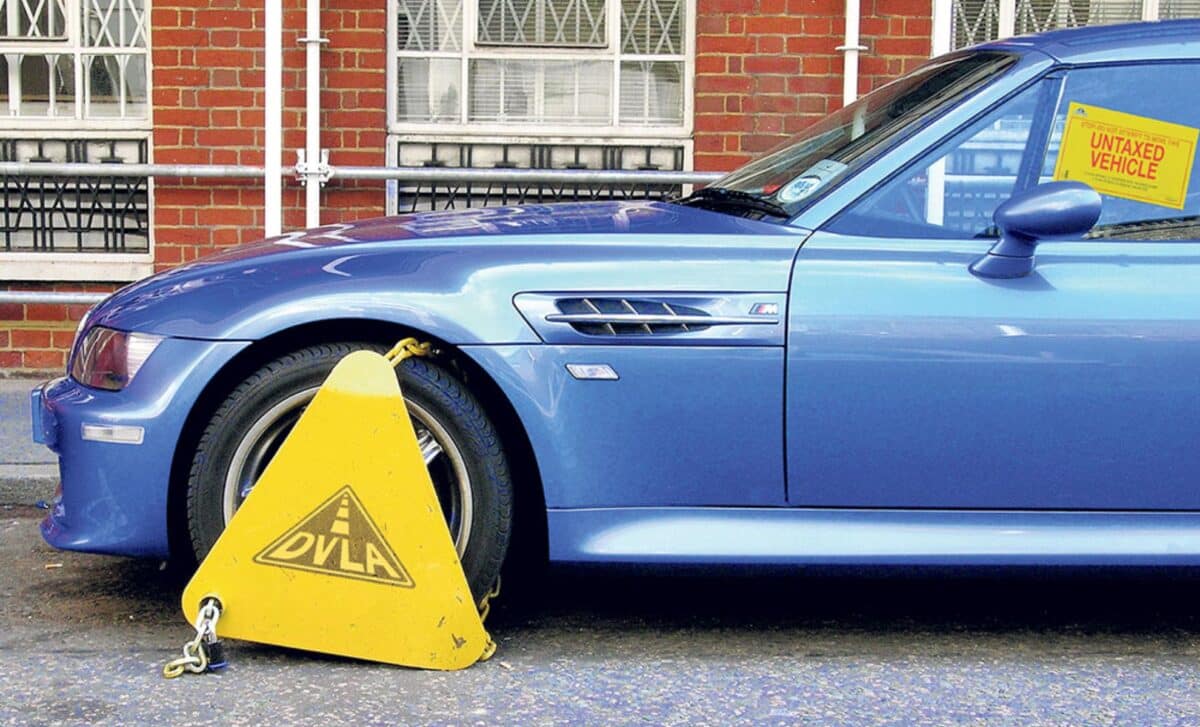Drivers in the UK are reminded of their legal obligation to report certain medical conditions to the Driver and Vehicle Licensing Agency (DVLA). Failing to do so could result in hefty fines of up to £1,000. This step is essential to ensure the safety of all road users, as medical conditions can significantly impact one’s ability to drive safely.
The DVLA maintains an extensive list of conditions that need to be reported, ranging from common ailments like diabetes to more complex disorders such as Parkinson’s disease and epilepsy. According to the DVLA, drivers must disclose any medical condition that could impair their driving ability.
This includes long-term conditions or disabilities that may worsen over time, as well as temporary conditions that could suddenly arise, such as fainting or seizures. The responsibility to report these conditions lies with the driver, and failure to do so can result in both legal and financial consequences.
Why Reporting Medical Conditions is Crucial
The relationship between health and road safety is often overlooked, yet it is crucial. As the spokesperson for BigWantsYourCar.com highlights, “failure to disclose a condition could have severe consequences, especially if it contributes to an accident.” Reporting health changes to the DVLA ensures that drivers are fit to operate a vehicle, minimising the risk of accidents caused by medical conditions.
Conditions such as heart problems, sleep apnoea, and neurological disorders can seriously impair a driver’s reaction time, awareness, and control behind the wheel. According to official guidance, if a medical condition affects your ability to drive safely, it’s mandatory to notify the DVLA. This step helps create a safer driving environment, both for the individual driver and other road users.
It’s important to note that the DVLA’s list includes not just long-standing conditions but also temporary health issues. For instance, if you experience severe dizziness, fainting, or a heart irregularity, the DVLA must be informed. When in doubt about whether a condition should be reported, seeking professional medical advice is recommended. Better to err on the side of caution than risk a fine, or worse, an accident.
Full List of 113 Notifiable Medical Conditions
The following is a comprehensive list of conditions that must be reported to the DVLA:
- Diabetes
- Cancer
- Agoraphobia
- Alcohol problems
- Alzheimer’s disease
- Amputations
- Angiomas or cavernomas
- Ankylosing spondylitis
- Anorexia nervosa
- Anxiety
- Aortic aneurysm
- Arachnoid cyst
- Arrhythmia
- Arteriovenous malformation
- Arthritis
- Ataxia
- ADHD
- AIDS
- Bipolar disorder (manic depression)
- Blood clots
- Blood pressure issues
- Brachial plexus injury
- Brain abscess, cyst or encephalitis
- Brain aneurysm
- Brain haemorrhage
- Traumatic brain injury
- Brain tumour
- Broken limbs
- Brugada syndrome
- Burr hole surgery
- Cataracts
- Cataplexy
- Central venous thrombosis
- Cerebral palsy
- Cognitive problems
- Congenital heart disease
- Fits, seizures or convulsions
- Déjà vu and driving
- Defibrillators
- Dementia
- Depression (if it impacts driving ability)
- Diplopia (double vision)
- Dizziness or vertigo (if severe)
- Drug use
- Empyema (brain)
- Essential tremor
- Eye conditions (such as glaucoma)
- Guillain Barré syndrome
- Head injury
- Heart failure
- Heart palpitations
- Hemianopia
- Hodgkin’s lymphoma
- Huntington’s disease
- Hydrocephalus
- Hypoglycaemia
- Hypoxic brain damage
- Intracerebral haemorrhage
- Korsakoff’s syndrome
- Labyrinthitis
- Learning disabilities
- Lewy body dementia
- Limb disability
- Long QT syndrome
- Marfan’s syndrome
- Medulloblastoma
- Meningioma
- Motor neurone disease
- Muscular dystrophy
- Myasthenia gravis
- Myoclonus
- Narcolepsy
- Night blindness
- Obsessive compulsive disorder
- Excessive sleepiness
- Optic atrophy
- Pacemakers
- Paranoid schizophrenia
- Paraplegia
- Parkinson’s disease
- Peripheral neuropathy
- Personality disorder
- Pituitary tumour
- Post-traumatic stress disorder
- Psychosis
- Psychotic depression
- Pulmonary arterial hypertension
- Severe memory problems
- Stroke
- Surgery (if unable to drive for three months)
- Syncope (fainting)
- Seizures/epilepsy
- Sleep apnoea
- Schizo-affective disorder
- Schizophrenia
- Scotoma
- Severe communication disorders
- Spinal conditions
- Subarachnoid haemorrhage
- Tachycardia
- Tourette’s syndrome
- Tunnel vision
- Usher syndrome
- Reduced visual acuity
- Vertigo
- Visual field defect
- VP shunts
- Wolff-Parkinson-White syndrome
Reporting a medical condition to the DVLA is a small but essential step in ensuring the safety of everyone on the road. By disclosing conditions that could impair driving, drivers help prevent accidents and ensure that only those fit to drive are behind the wheel.









